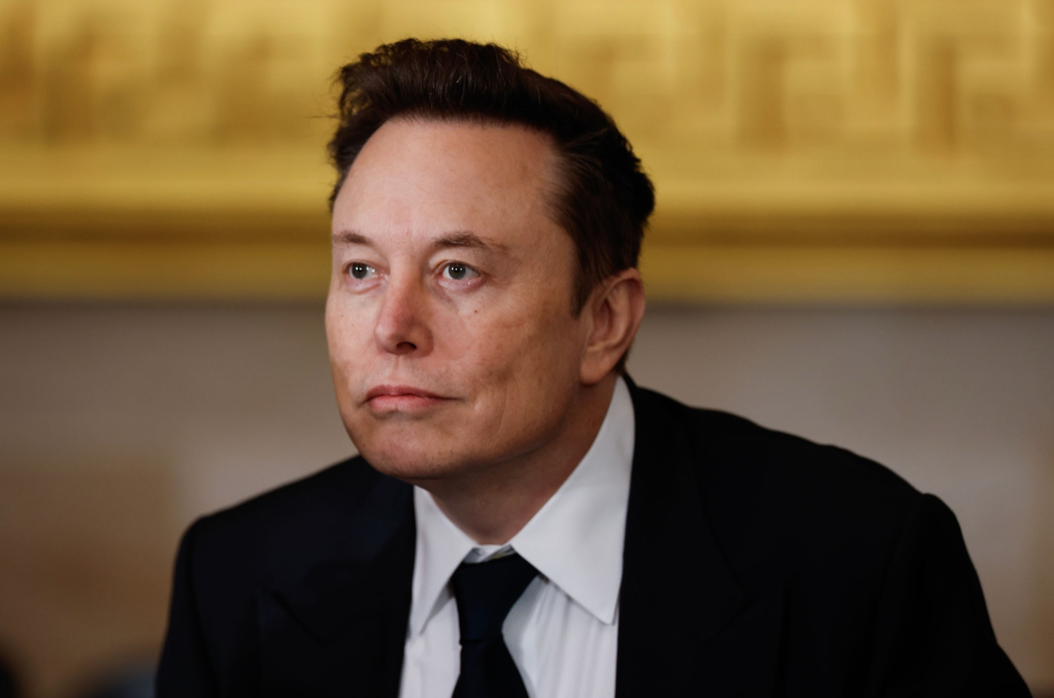Photo:Wikicommons
On Thursday, 17 April, Emir of Qatar Sheikh Tamim bin Hamad Al Thani arrived in Moscow for official talks with Russian President Vladimir Putin. According to Reuters, the key topics of the meeting were the war in Ukraine, the situation in the Middle East, particularly in the Gaza Strip, and energy issues, including liquefied natural gas (LNG) supplies.
Kremlin spokesman Dmitry Peskov described the visit as “very important”, noting that the heads of state plan to have a “serious conversation” on a wide range of topics and sign a number of bilateral agreements.
“It is difficult to overestimate the role of Qatar in many regional and even global processes. Qatar is our good partner, Russian-Qatari relations are developing dynamically, and contacts between the heads of state are regular,” Peskov said during the briefing.
Qatar’s mediating role
In recent months, Qatar has stepped up its diplomatic efforts to mediate a settlement to the war between Russia and Ukraine, as well as to facilitate the return of children who were separated from their parents during the war.
Against this backdrop, Moscow and Doha have already announced this week that they intend to discuss possible ways to reach a peace agreement that could end the conflict in Ukraine.
In turn, US President Donald Trump has repeatedly stated his desire to stop the bloodshed in Ukraine, but no real diplomatic breakthrough has been achieved. The Kremlin, for its part, claims that it is not easy to negotiate peace because of the “position of the West and Kyiv”.
Energy and the Middle East
Qatar’s Minister of State for Foreign Affairs Mohammed Al-Khulaifi told TASS that the talks would also address energy issues, including cooperation in the field of liquefied natural gas, in which Qatar is one of the world leaders.
In addition, according to the Qatari side, the agenda includes the situation in Syria and the Gaza Strip, where Doha is actively involved in humanitarian initiatives.
Experts see the emir’s visit as an attempt by Qatar to strengthen its geopolitical weight and consolidate its role as a neutral mediator in global conflicts. For Russia, the meeting with the leader of one of the key energy players is an opportunity to attract additional support or minimise diplomatic isolation in the face of sanctions and international pressure.

















